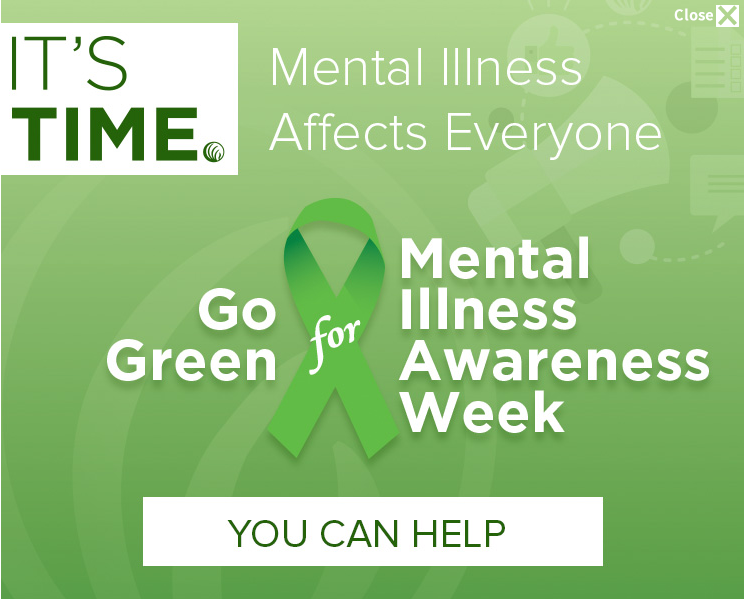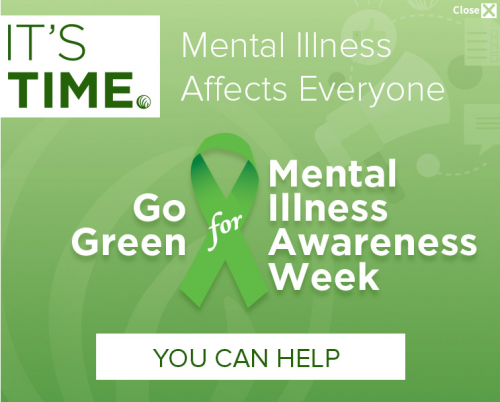
Mental Health & Going to Graduate School
Bipolar Disorder Awareness day was on October 7, 2014 hosted by NAMI and Abbott laboratories, (maybe you’ve seen the vague advertisements for the company all over Chicago EL stops). In honor of Bipolar Disorder Awareness Day, I am writing this post.
Graduate school is difficult. Having a mental health disorder is difficult. Therefore having a mental health disorder and going to graduate school is not exactly easy. I have a mental health disorder which was diagnosed when I was 14, and since that time I have faced tremendous difficulty in finding effective treatment, discovering a regimen of study that fits my schedule and the occasional collapse of my mood, and balancing the demands of my disorder with my desire to be a successful and capable human being.
I think that the below video does a great job of pointing out the challenges of graduate school, academia and a high success career while one deals with issues of mental health. Provided by TED Talks, this speech by Professor Elyn Saks, MacArthur Genius Grant Recipient is illuminating.
[youtube]http://youtu.be/f6CILJA110Y[/youtube]
I’m not going to go into the specifics of my disorder or its history here, though I’d be happy to for anyone who has questions. The purpose of this post is to give a non-clinical and personally informed opinion on how to care for your mental health in graduate school, whether you have a diagnoses or not.
Your Health Is Your Priority
A lot of people, occasionally me included, put their health to the wayside and don’t take care of their health in ways that they should. Grad school gets busy, projects pile up, and if you are working then you are doing double duty and have to be extra vigilant about taking care of your health needs. There is a compounding effect with mental health that can derail your studies or your work. It’s best to take the time that you need to feel better completely rather than try to slog through day to day causing yourself to feel sicker either physically or mentally. Additionally a physical sickness can derail your health just like anything else, so be sure to attend to symptoms of that seasonal flu and cold. If you aren’t physically and mentally healthy, doing your work can become difficult or at worst impossible.
Seek Professional Care
Above all, don’t be afraid to seek professional care. Just like having a heart condition, diabetes, or any other chronic health concern, mental health requires the care of trained professionals. Have enough courage (and I know that it can sometimes take a lot of courage) to reach out for professional help when you need it. There are resources on nearly every college campus that can direct you to more comprehensive care if needed, and can ultimately provide you with long-term care if necessary. Graduating is important, achieving your goals is important, make sure that you get the care that you need, because its important. And, now that you’re thinking of or in graduate school and an adult, you can’t rely on anyone else to seek that care for you.
Be Kind To Yourself (And Everyone Else)
Having a mental health disruption is not easy, and sometimes relating to other people is difficult as a result. Even worse, sometimes relating to your own condition is difficult and makes completing group projects or individual projects difficult. Be patient with yourself, have the audacity to know when you need to take a break, or turn in a project as is rather than as perfect as possible, or sometimes you just need to take a nap. Do what you need to do to take care of yourself, so that you can do your school work and work obligations, and so that you can be the best version of yourself when interacting with friends and colleagues.
Mental Health is For Everyone
The task of optimizing mental health has been a hot topic in the public sphere of late. And the desire to improve people’s mental health is a good thing. Too often in U.S. culture we commit to the view that we have to go it alone, and push forward without help. This view is imposed on us, as well as propelled by us. Ultimately we all do better if we work together on every topic of community need, mental health included.

